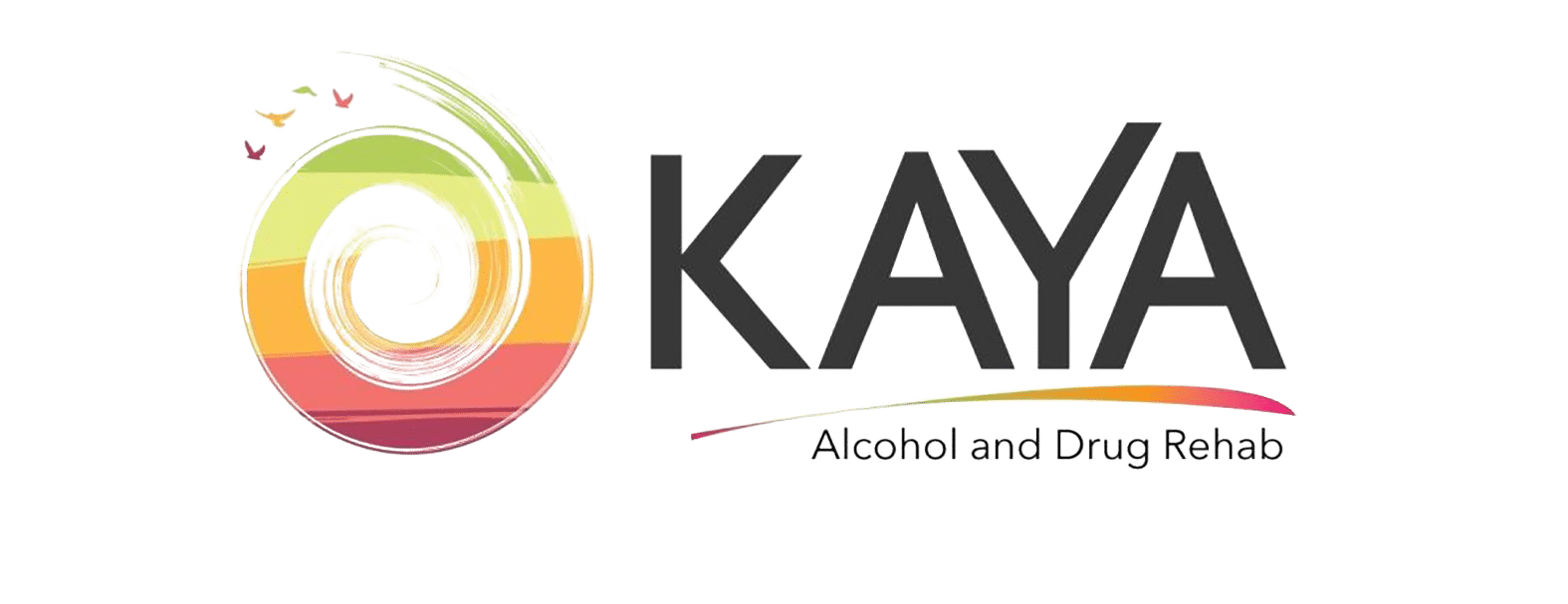In 2025, social media is more integrated into our daily lives than ever before. Platforms like Instagram, TikTok, and a wave of AI-driven networks have become central to how we connect, share, and consume information. While these digital spaces bring countless benefits, they also come with challenges—especially when it comes to mental health.
Whether we’re scrolling through a friend’s vacation photos, consuming endless news updates, or comparing ourselves to influencers, social media plays a huge role in shaping how we feel about ourselves and the world around us. So, how exactly is social media impacting mental health in 2025?
The Positive Side: Connection and Support
One of the greatest gifts of social media is its ability to connect people. For those who feel isolated, it offers a lifeline. Online communities provide spaces for individuals to share their struggles, find support, and realize they’re not alone.
In 2025, social media continues to amplify important conversations about mental health. Influencers, therapists, and advocates use these platforms to break stigmas, promote self-care, and encourage people to seek help when needed. From mental health awareness campaigns to free resources, social media is creating a ripple effect of positivity for those in need.
For example, many users credit platforms like TikTok for introducing them to mindfulness practices or guiding them toward therapy. This kind of accessibility can make a big difference in someone’s mental health journey.
The Negative Side: Comparison and Pressure
But let’s be honest—social media isn’t all good news. In 2025, the pressure to “keep up” is higher than ever. Thanks to AI-enhanced content, perfectly curated feeds, and unrealistic beauty standards, it’s easy to feel like your life isn’t measuring up.
Scrolling through highlight reels of others’ lives often leads to harmful comparisons. You might start to wonder: Why isn’t my life that exciting? Why don’t I look like that? Am I doing enough? This constant comparison can chip away at your self-esteem, leaving you feeling anxious, unworthy, or even depressed.

The Struggle with Social Media Overuse
Another growing issue in 2025 is how addictive social media has become. Platforms are designed to keep you scrolling—endless feeds, personalized recommendations, and notifications are hard to resist.
Many people now experience what’s called “doomscrolling,” where they spend hours consuming negative news or content, which often leads to feelings of stress and hopelessness. Over time, this can impact your sleep, productivity, and overall mental health.
How to Protect Your Mental Health Online
The good news is that we can take steps to create a healthier relationship with social media. Here are a few strategies:
1. Set Boundaries: Limit your screen time by using built-in app timers or scheduling specific times for social media use.
2. Follow Positive Accounts: Unfollow accounts that make you feel bad about yourself and surround your feed with uplifting, inspiring content.
3. Take Breaks: Digital detoxes—whether it’s a weekend off or just unplugging for a few hours—can help you reconnect with the real world.
4. Engage Intentionally: Be mindful of why you’re on social media. Are you looking to connect, learn, or just pass time?
Social media companies are also stepping up. Many platforms are adding features to help users monitor their usage, filter harmful content, and prioritize mental well-being. These changes, paired with personal effort, can make a big difference.
Finding Balance in a Digital World
In the end, social media is a tool—it’s neither good nor bad on its own. What matters is how we use it. By being intentional, setting boundaries, and staying aware of its impact on our mental health, we can enjoy the benefits of social media without letting it take over our lives.
In 2025, the goal is balance. Social media can connect us, inspire us, and provide valuable resources, but it’s up to us to ensure it doesn’t harm our well-being.
Take control of your digital habits this year. Your mental health will thank you.

